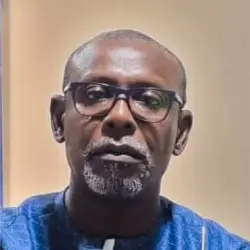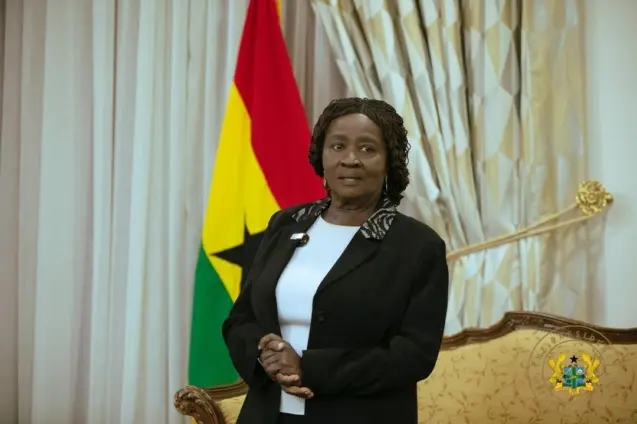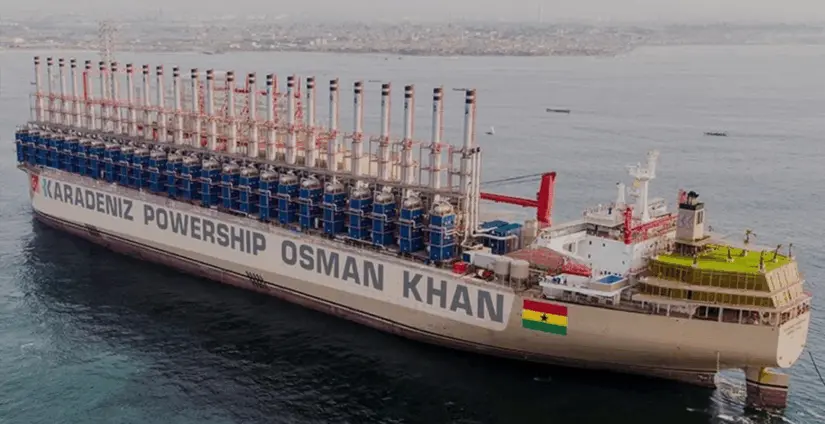A cloud of concern hangs over a proposed code on gift-giving championed by former President John Mahama, as Transparency International Ghana raises critical questions about its potential effectiveness. Michael Boadi, the organization’s Fundraising Manager, recently voiced apprehensions on Joy FM’s Super Morning Show, spotlighting what he describes as ambiguities, inconsistencies, and vulnerabilities that could be exploited by public officials. At the heart of the critique is a perceived lack of clarity and specificity within the code, particularly concerning the acceptance of gifts, potentially undermining its role as a reliable ethical guide. This comes as many call for more stringent measures when it comes to regulating corruption; specifically, the acceptance of gifts for public officials.
“The issue of clarity and specificity is important in the context of looking at the gift-giving,” Boadi stated, as he questioned whether the proposed gift code will hold public officials accountable. He added, “you will see that the code has some inherent weaknesses.”
Transparency International’s analysis suggests that these inherent weaknesses could open doors to inconsistent application and potential abuse, jeopardizing public accountability. Below we explore the core criticisms leveled against Mahama’s gift code, examining the potential loopholes and implications for governance in Ghana.
One of the central criticisms revolves around what Transparency International sees as mixed messages embedded within the code regarding gift acceptance. The code seemingly begins by discouraging the acceptance of gifts, irrespective of whether they are in cash or in kind. However, it then introduces a caveat, permitting acceptance subject to disclosure. This apparent contradiction raises concerns about the code’s coherence and practical enforceability.
“The introduction to that section talks about not accepting the gift at all, whether it is cash or in kind. But then it goes forward and says, ‘if you may’ — I mean, who won’t?” Boadi questioned, highlighting the inherent flaw in the code.
Boadi’s statement underscores the double standard created by allowing gift acceptance with disclosure, potentially undermining the initial intent to prevent corruption.
Furthermore, Transparency International contends that while the code may appear robust on the surface in terms of transparency rhetoric, it falls short when it comes to establishing enforceable standards. According to Boadi, the code places significant emphasis on accountability and transparency but lacks the specificity and clarity required for effective implementation.
“You realise that the code is very heavy on the accountability and transparency component but very weak on the issue of specificity and clarity…Because it leans more on double standard-ness — like, ‘you shouldn’t, but if you may’ — but we know that we all will,” Boadi stated.
This observation suggests that the code’s emphasis on transparency may serve as a facade, masking the absence of concrete rules and mechanisms for enforcement. The organization further questions the appropriateness of the GH₵20,000 threshold established for declaring gifts, emphasizing that context plays a crucial role in determining whether a gift could compromise a public official.
“You might think that GH₵20,000 in Accra or the big cities won’t compromise a public official. But GH₵20,000 is a lot of money to a DCE in a remote community — and it can compromise someone,” Boadi explained.
This quote underscores the disparity in the value of money across different regions, suggesting that a fixed threshold might not adequately address potential corruption in less affluent areas.
The vagueness of the code creates potential loopholes that unscrupulous public officials could exploit, thereby undermining anti-corruption measures.
Transparency International Ghana believes that the code’s weaknesses will likely be exploited by public officials, undermining anti-corruption measures. These inconsistencies also have the potential to erode public trust in government officials, as well as public confidence and accountability. Transparency International is therefore advocating for revisions to align it more firmly with best practices in anti-corruption.
To address these concerns, Transparency International Ghana urges a revision of the code to close loopholes and establish clearer guidelines on gift acceptance to improve accountability.
Ultimately, Transparency International is advocating for the revised code to align more firmly with best practices in anti-corruption and public accountability. Adopting stringent anti-corruption measures for gift-giving policies would enhance the code’s effectiveness in preventing corruption and upholding ethical standards.
Transparency International Ghana’s critique of former President Mahama’s gift code underscores the need for clarity, consistency, and enforceable standards in ethical guidelines for public officials. Michael Boadi’s analysis reveals significant loopholes and potential for abuse within the current code, highlighting the importance of revising the code to align with anti-corruption best practices. Addressing the issues raised by Transparency International is crucial for promoting public accountability and maintaining public trust in Ghana’s government. Ultimately, a robust and transparent gift-giving policy is essential for safeguarding ethical governance and preventing corruption.
Image Source: MYJOYONLINE






















